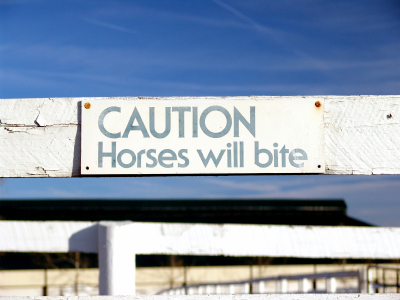Some have a hard time appreciating the talent involved in writing genre fiction. By genre fiction, I mean novels that fall into a defined category such as contemporary romance, historical romance, romantic suspense, or cozy mystery. Many of these novels are published by mass market publishers (like Harlequin) and fit in lines they have formed for the sole purpose of selling the genre.
These are distinguished from Trade fiction where there isn’t necessarily a specific line that has been formed to sell a genre, although there are exceptions to that “rule” like the “Love Finds You” series from Summerside Press. In publisher’s lingo “trade” means a 5 1/2″ by 8 1/2″ trim size and is probably between 80,000 and 100,000 words in length. “Genre” or “category” fiction can mean the 4″ by 6″ trim size (also known as mass market) and between 50,000 words and 70,000 words.
Critics think genre writers churn out story after story with little variation…following a proscribed formula. And while opportunities to be published in genre fiction are more plentiful than trade simply because genre lines publish a greater number of titles (see the statistics incorporated into this blog post), editors are nevertheless highly selective. They must be, because readers are right to be demanding, and genre authors must be dedicated to the craft.
Success
To be successful with a line, stay fresh and new while following the genre’s rules. When thinking of genre fiction, I like to visualize a box that needs to be filled with a story. The rules of the box include a strict word count. If you’re writing for a genre line, be sure to stay with the word count.
Guidelines for plot are concrete. For instance, with romance, the story of the hero and heroine must take precedence over anything else. The romance cannot be overshadowed, for example, by a murder mystery, a setting becoming a character in its own right, or a subplot involving secondary characters. Because of these guidelines, readers can rely on certain types of books to provide them with the stories they expect. In an uncertain world — and the world is always an uncertain place except for God’s enduring love — seeking genre books again and again offers readers comfort along with entertainment.
Twists and Turns
Once the writer learns the rules within the box, then what? Know that editors are looking for fresh ideas within the parameters of the genres they edit. To get an idea of what might work, read books from the line you are targeting. See what themes work. Concentrate on those that capture your imagination.
Interested in history? Consider researching real events that can launch a novel. For contemporary or historical, find a unique obstacle that will confront your characters so the reader has no idea how they can overcome it, and wrap a romance or mystery around it. Then plot and write. The author who stays within the rules of the line, yet comes up with a variation or twist on a beloved theme, is likely to find success and avid readers.
Your turn:
Do you read genre fiction? What are some fresh ideas you have enjoyed seeing in recent books?












